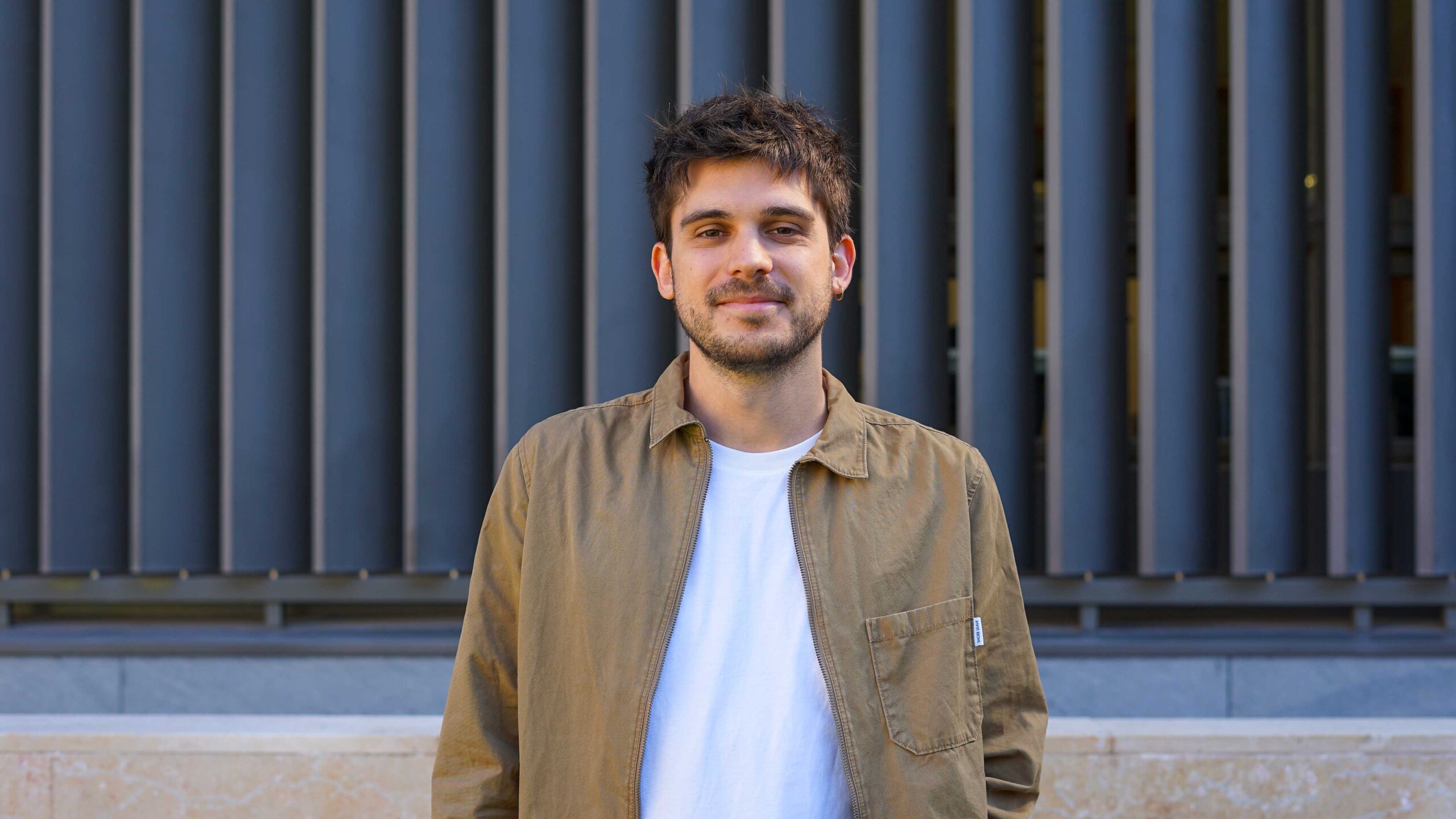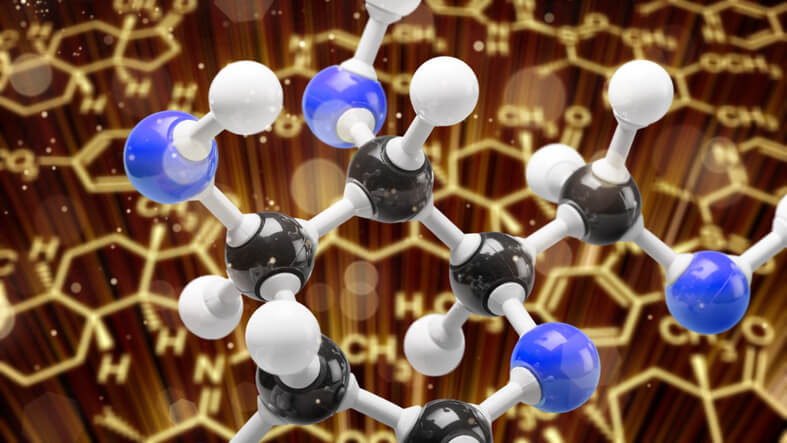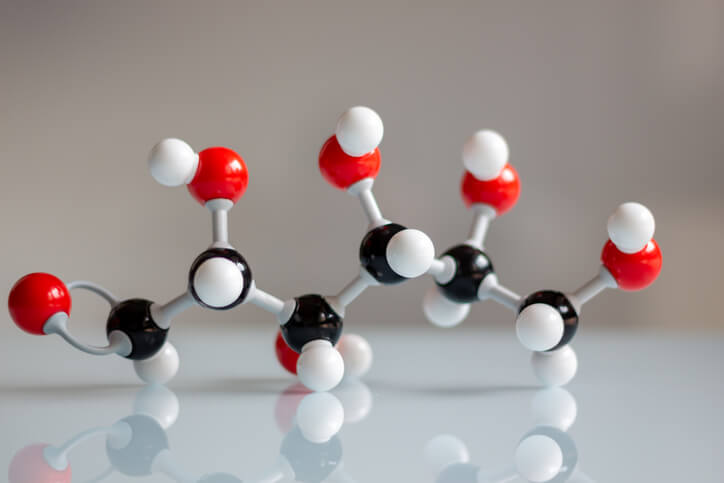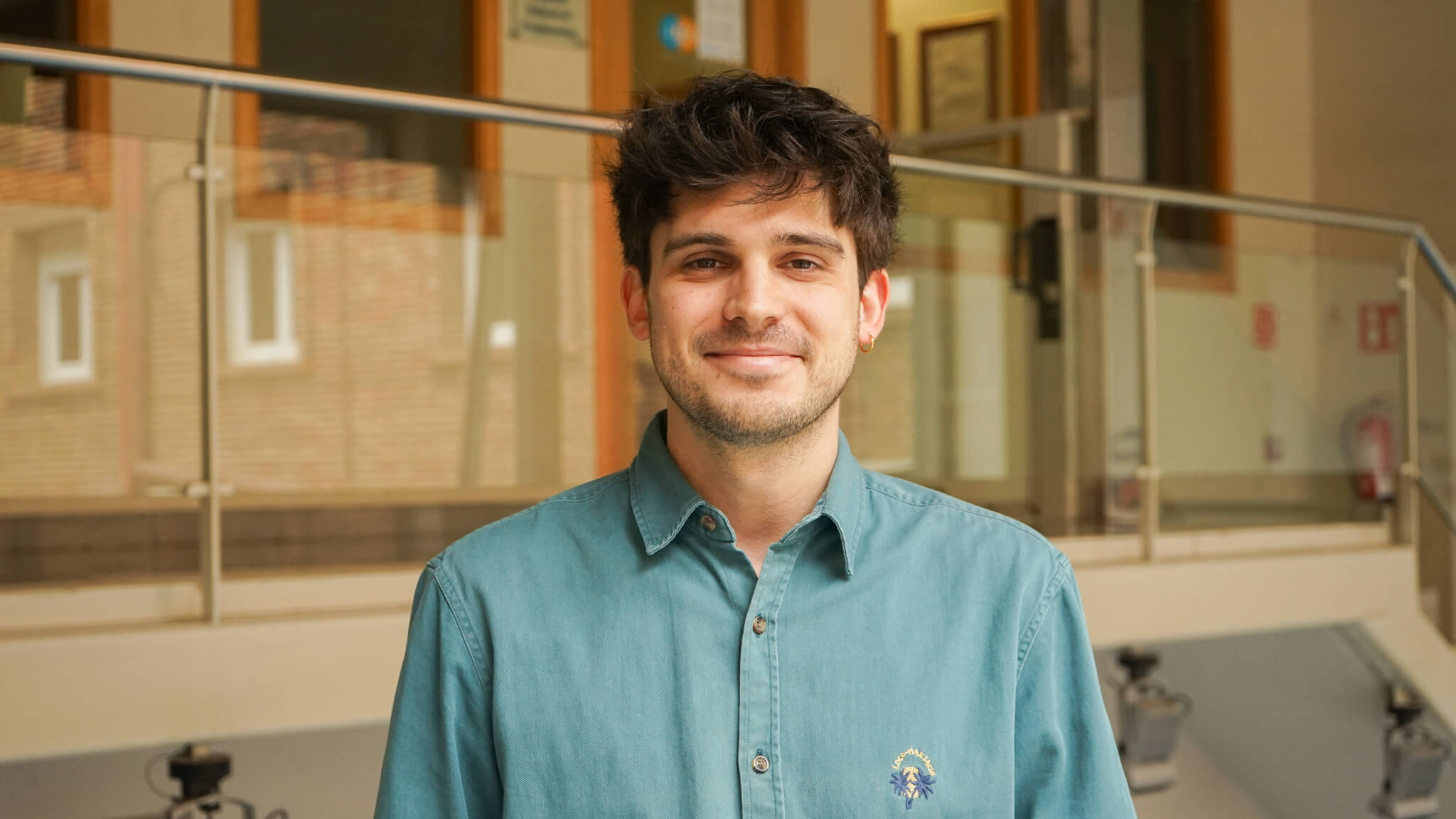The development of new semiconductor materials based on organic compounds seeks to obtain a new generation of molecules or polymers that complement traditional inorganic semiconductor technology based mainly on the use of silicon materials. The use of organic semiconductors represents a paradigm shift in this area of knowledge as it opens the door to obtaining more flexible semiconductor materials with improved deposition properties that are even printable.
Within organic semiconductors, and in addition to polymeric ones, there is the family of discrete carbon polyaromatic structures, with very promising semiconductor properties. These compounds have been progressing and already have applications as active components of, for example, organic light-emitting diodes (OLEDs) and photovoltaic power generation units. Likewise, it has recently been observed that the substitution of C=C double bonds by boron-nitrogen (B-N) bonds in polyaromatic structures can upwardly modulate certain photophysical properties of these molecules, such as electron mobility or the modulation of reorganization energies, aspects that allow these molecular prototypes to advance and approach the behaviour of classic inorganic semiconductors that are still leaders in this area.
As synthetic molecules, the development of organic semiconductors offers the opportunity to incorporate a greater degree of synthetic-functional modularity. That is why, within the lines of the Chemical Reactions for Innovative Solutions (CRISOL) research group at IQS, we are working to develop synthetic methodologies that allow us to obtain these prototypes of semiconductors doped with B-N bonds in order to advance in their synthesis and photophysical characterization and have greater knowledge of these promising molecules as we hope to be able to achieve the design of molecules with increasingly better semi-conductive properties. The research is being led by Dr Ana B. Cuenca, along with Dr Raimon Puig de la Bellacasa with the Pharmaceutical Chemistry Group (GQF). Researchers from the AppLightChem research group are also collaborating on the project, specifically in the photophysical characterization of the new candidate structures.
Dr Sergi Ordeix Utiel joined the CRISOL group as a postdoctoral researcher in this line of research to obtain new polyaromatic structures doped with B-N bonds, which could become active components of semiconductor optoelectronic devices along with other applications. To carry out this project, Dr Ordeix earned one of the grants awarded within the call for grants by the Government of Catalonia Investigo Programme, the first within the field in Catalonia. The Investigo Programme aims to award grants for the recruitment of young people to develop and carry out duties, tasks, and research and innovation initiatives.
We spoke with Dr Sergi Ordeix and his supervisors, Dr Ana B. Cuenca and Dr Raimon Puig de la Bellacasa, about this project, the grant he earned, and his postdoctoral experience at IQS.
Sergi, what has your scientific career been like and what have you specialized in?
I studied Chemistry at the Autonomous University of Barcelona, where I was captivated by the specialty of Organic Chemistry and decided to do my master’s degree in this discipline at the University of Barcelona. Then I continued with my doctoral thesis at the Faculty of Pharmacy and Food Sciences within the group led by Dr Mercedes Amat and Dr Joan Bosch. During the thesis, we developed a methodology for the synthesis of chiral building blocks for application in the asymmetric total synthesis of natural products.
Just after defending my thesis, and thanks to the Investigo grant, I had the opportunity to continue as a postdoctoral researcher here at IQS within the CRISOL group with Dr Ana B. Cuenca and Dr Raimon Puig de la Bellacasa.
What drew you to IQS?
There were many factors. On the one hand, I found the project presented to me by Ana and Raimon to be very attractive and ambitious. It was a topic that I had not had the opportunity to delve into and I was very excited to discover it. And I’m learning a lot thanks to it! In addition, the ability to learn from an institution with the reputation and prestige of IQS, both nationally and internationally, also influenced my decision.
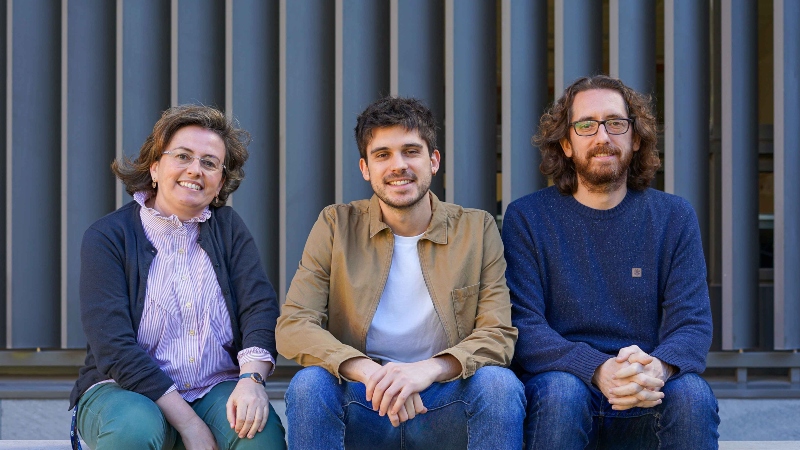
What is the objective of your project?
The purpose of this project is to synthesize a variety of polyaromatic compounds doped with boron and nitrogen atoms. These types of structures, which are isoelectronic with their carbon counterparts, have become compounds of great interest in fields such as biomedicine, catalysis, and materials science. The introduction of the boron-nitrogen unit gives the molecule in question a change in its optoelectronic and chemical properties with respect to its carbon counterpart.
“The boron-nitrogen unit gives molecules a change in their dipole moment and in their optoelectronic and chemical properties”
This part is the one that I find most interesting: knowing how the chemical properties of compounds are modified with respect to those that could be expected from their counterpart with carbon atoms. By presenting a reactivity different from what is expected with respect to the carbon molecule, that is, without boron and nitrogen, it makes us question the chemistry as we have understood it thus far, as well as seeking to understand what the changes are due to.
Therefore, the leitmotiv of the project is to investigate new synthetic methodologies that make it possible to obtain and study the properties of these types of compounds and their potential in the application of new OLED-type materials and in organic photovoltaic energy.
On the other hand, and in collaboration with Dr Santi Nonell and Dr Roger Bresolí from the AppLightChem group, who are experts in chemical aspects of photonics, we will study the corresponding photophysical characterization of these compounds doped with boron and nitrogen.
With the AppLightChem group we will study the photophysical characterization of the new doped compounds.
What has the Investigo grant meant to you?
Thanks to this grant I have had the opportunity to continue in the world of academic research, a place where I feel very comfortable. Moreover, being able to contribute to this project has allowed me to learn a lot at a scientific level, since it is a different type of chemistry than what I was used to. Also, the fact of joining as a postdoctoral researcher has enabled me to take on a more senior researcher role within the laboratory and see things from a more mature perspective.

What has your experience at IQS been like?
Really positive at every level. I’m very happy here. The scientific level at this university is really high quality. The research we are working on in the CRISOL group has allowed me to learn new techniques and methodologies, as well as to understand chemistry from a new perspective. On a personal level, I’ve been lucky enough to be surrounded by fantastic people, so it’s a pleasure to be able to work here.
“I’m very happy at IQS. The scientific level at this university is really high quality”
What do your supervisors think?
ABC. He’s the first postdoc in our group! It’s an honour to have him with us and he has made the team here at IQS really great, both personally and scientifically. The photophysical characterization of the molecules that we are doing with the researchers of the AppLightChem group is providing very interesting results and we are really optimistic. We are working on a totally new area that we had not explored before. It’s really promising and opens up a very cutting-edge line of research. We’re really pleased!
RP. He’s also my first postdoc, so we’re all facing a new yet stimulating situation. I would like to point out that we have been very lucky with Sergi. He adapted from day one with the rest of the group and his integration into the project has been very easy. He forms a great tandem with Federica Rulli, the doctoral student that Dr Cuenca and I also jointly supervised. In short, it’s clear that Sergi has some experience in “synthesis.”
The Investigo grant programme is funded by the European Union, Next Generation EU.










